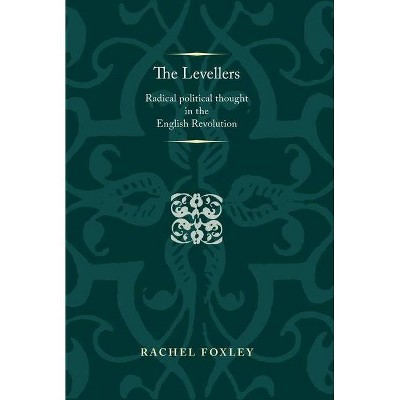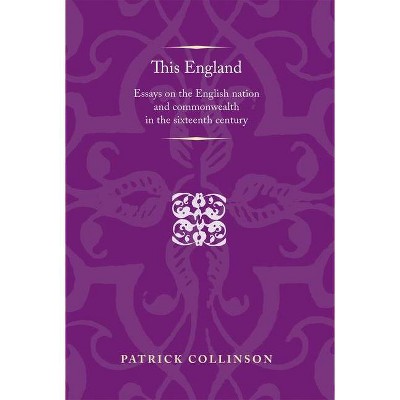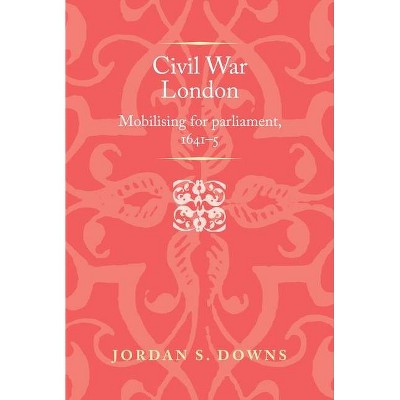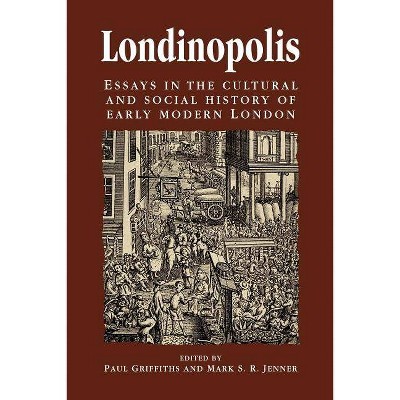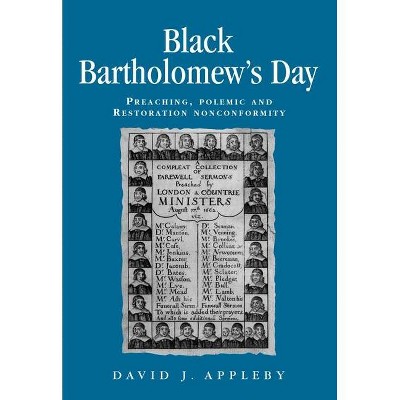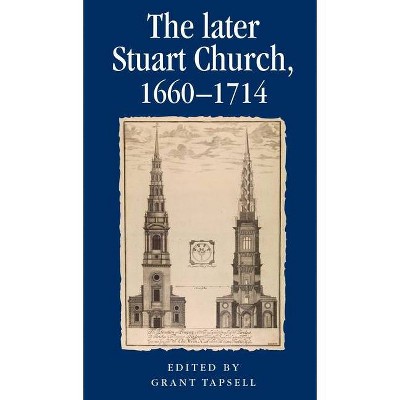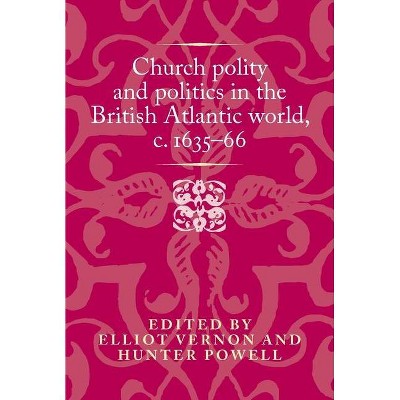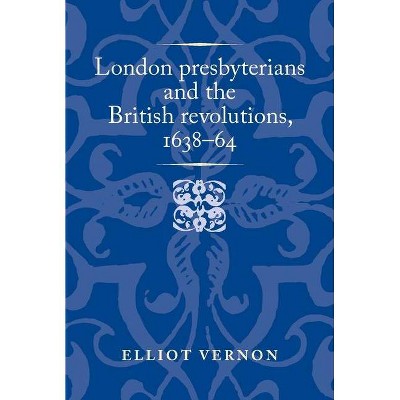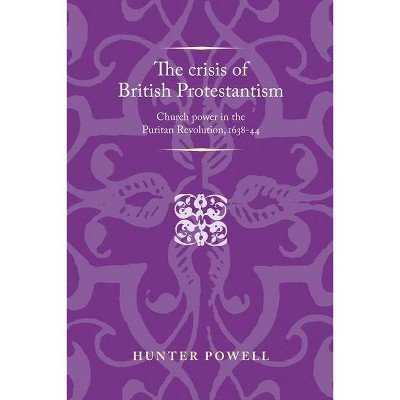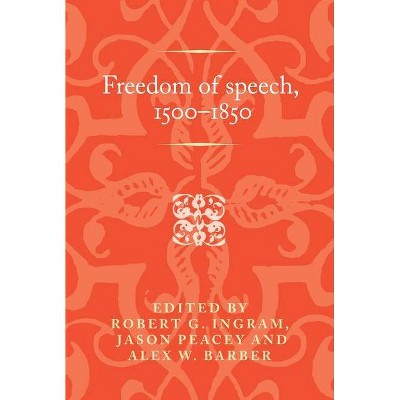Revolution Remembered - (Politics, Culture and Society in Early Modern Britain) by Edward Legon (Hardcover)

Similar Products
Products of same category from the store
AllProduct info
<p/><br></br><p><b> About the Book </b></p></br></br>This book examines 'seditious memories' in the Restoration period. It reveals the social depth of opposition to the Stuarts and the Church of England, and asks why people were prepared to take the risk of voicing their resistance in public.<p/><br></br><p><b> Book Synopsis </b></p></br></br>After the Restoration, parliamentarians continued to identify with the decisions to oppose and resist crown and established church. This was despite the fact that expressing such views between 1660 and 1688 was to open oneself to charges of sedition or treason. This book uses approaches from the field of memory studies to examine 'seditious memories' in seventeenth-century Britain, asking why people were prepared to take the risk of voicing them in public. It argues that such activities were more than a manifestation of discontent or radicalism - they also provided a way of countering experiences of defeat. Besides speech and writing, parliamentarian and republican views are shown to have manifested as misbehaviour during official commemorations of the civil wars and republic. The book also considers how such views were passed on from the generation of men and women who experienced civil war and revolution to their children and grandchildren.<p/><br></br><p><b> From the Back Cover </b></p></br></br>Following the restoration of Charles II and the Church of England in 1660, it seemed the people of Britain were ready to put the revolutionary period behind them. Yet despite a regime of monitoring and censorship, parliamentarians and republicans continued to identify with the oppositional spirit of the civil war, brazenly endorsing the 'good old cause'. This book explores 'seditious memories' in speech and writing between 1660 and 1688. It shows how they functioned as points of resistance within the Restoration's politics of memory, counteracting and even subverting efforts by royalists to censure those who had opposed crown and established church. Historians have tended to view parliamentarian and republican ideas as the preserve of a minority of malcontents, but legal records and government documents reveal a reservoir of sympathy among the ordinary people of the era. This sympathy was manifested in the form of misbehaviour on the official anniversaries of the regicide and the Restoration, among other things. The book concludes by examining how seditious memories were transmitted by a generation of men and women who had experienced war and revolution to their children and grandchildren. Applying the techniques of memory studies to the Restoration era, <i>Revolution remembered </i>will be of interest to scholars and students of seventeenth-century Britain.<p/><br></br><p><b> Review Quotes </b></p></br></br><br>'[...] thoroughly researched, clearly structured and well argued. A university lecturer in heritage management, Legon has a good eye for the telling detail and quotation, and shows skill in marshalling his many examples.' R. C. Richardson, University of Winchester, <i>Times Higher Education</i>, April 2019 'The project has certainly resulted in a valuable piece of scholarship, and Legon has used the available materials with sensitivity and verve. There is much to commend Revolution Remembered, and it will be an influential addition to the historiography of the Restoration.' David J. Appleby, <i>Journal of British Studies</i><br><p/><br></br><p><b> About the Author </b></p></br></br>Edward Legon is Lecturer in Heritage Management at Queen Mary University of London
Price History
Price Archive shows prices from various stores, lets you see history and find the cheapest. There is no actual sale on the website. For all support, inquiry and suggestion messagescommunication@pricearchive.us
